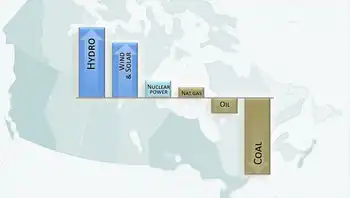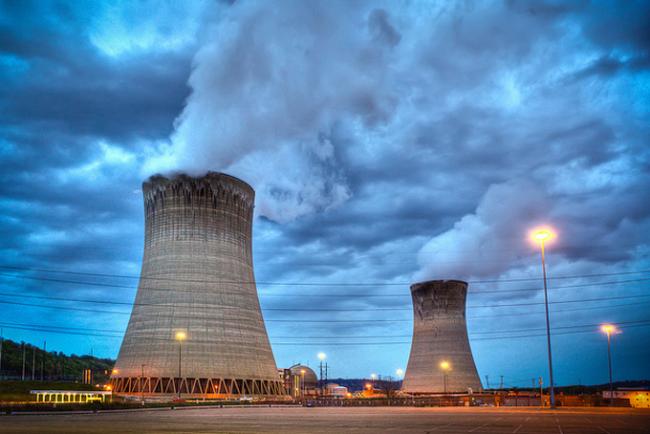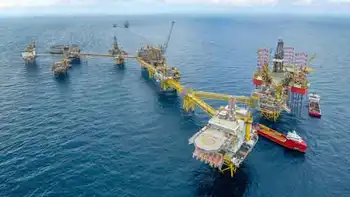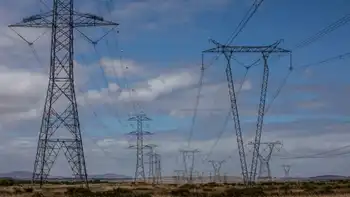Minnesota Signs Deal With Manitoba Hydro
WINNIPEG -- - The Minnesota Public Utilities Commission has unanimously approved a $1.7 billion power export deal with Manitoba Hydro.
It allows Minneapolis-based Xcel Energy to import power from Manitoba Hydro, despite the objections of aboriginal groups.
The 500-megawatt, 10-year deal was given the go-ahead.
It's an extension of an existing deal and will allow power to be exported until 2015.
Approval by Canada's National Energy Board is pending.
The Minnesota decision is a blow to the Pimicikamak Cree Nation of Cross Lake, Manitoba. They had asked the commission to first call a formal hearing into the social and economic impact of historic hydro development on their homeland.
Related News

Canada's nationwide climate success — electricity
OTTAWA - Canada Clean Electricity leads decarbonization, slashing power-sector emissions through coal phase-out, renewables like hydro, wind, and solar, and nuclear. Provinces cut carbon intensity, enabling electrification of transport and buildings toward net-zero goals.
Key Points
Canada Clean Electricity is the shift to low-emission power by phasing out coal and scaling renewables and nuclear.
✅ 38% cut in electricity emissions since 2005; 84% fossil-free power.
✅ Provinces lead coal phase-out; carbon intensity plummets.
✅ Enables EVs, heat pumps, and building electrification.
It's our country’s one big climate success so far.
"All across Canada, electricity generation has been getting much…




